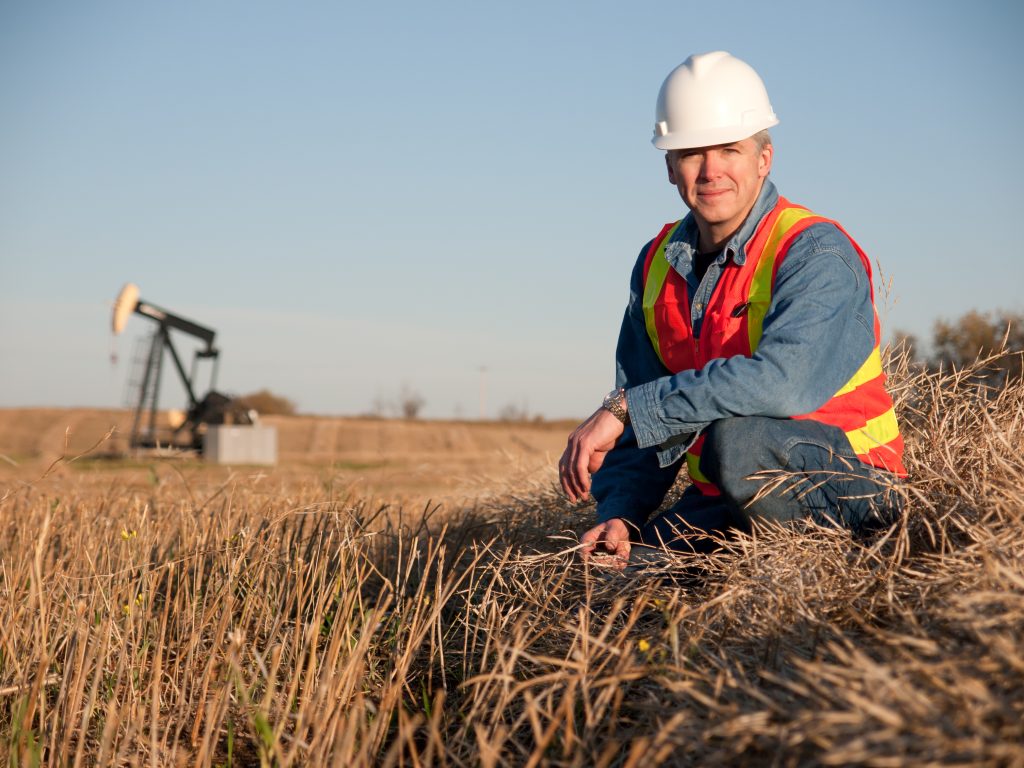
In the sprawling expanses of agricultural operations in Western Canada, effective communication is essential. Farm radio communication systems in Alberta have become a fundamental component of modern agricultural management, facilitating coordination, enhancing safety protocols, and driving efficiency across operations.
Two-way radios, in particular, have emerged as the preferred choice for their robustness, reliability, and straightforward functionality. This guide explores the crucial aspects of selecting the ideal two-way radios for agriculture, ensuring the communication needs of your farming operation are met with precision and reliability.
The Critical Role of Communication in Agriculture
Effective communication plays a pivotal role in the agricultural sector, serving as the lifeline that connects various facets of farm operations in Edmonton and Calgary. In the vast and often isolated expanses of farmland, farm radio communication systems become indispensable, enabling real-time coordination and information sharing across considerable distances. This connectivity is crucial for a multitude of reasons, from day-to-day operational management to emergency response and strategic planning.
Two-way radios for agriculture stand out for their robustness and reliability, offering a direct line of communication that is not dependent on cellular networks, which can be unreliable in remote farming areas. They facilitate immediate decision-making and problem-solving among farmworkers, agronomists, and management, ensuring that critical information is promptly shared and acted upon.
Moreover, farm radio communication enhances safety by providing a quick means to alert the team about potential hazards, changing weather conditions, or health emergencies. It supports the efficient deployment of resources, helps in monitoring crop and livestock health, and plays a crucial role in coordinating logistics and supply chain activities. In essence, effective communication systems like two-way radios are not just tools for convenience but are fundamental to the operational success and safety of modern agricultural practices.
Selecting the Right Two-Way Radios for Farming
Assessing Communication Needs
Before investing in farm radios, it is vital to assess your specific communication needs. Consider the size of your operation, the typical distance between team members, and the environmental conditions that might affect signal strength. Two-way radios are designed to cater to diverse requirements, offering varying ranges, battery life, and durability to withstand harsh weather conditions and rough handling.
Understanding Radio Features
When choosing farm radios, understanding the key features that enhance agricultural communication is crucial. Look for radios with long battery life, robust signal range, and resistance to dust and water.
Additionally, consider models that offer noise-cancelling features, which are invaluable in loud environments, and those that allow for hands-free operation, ensuring communication does not hinder productivity.



